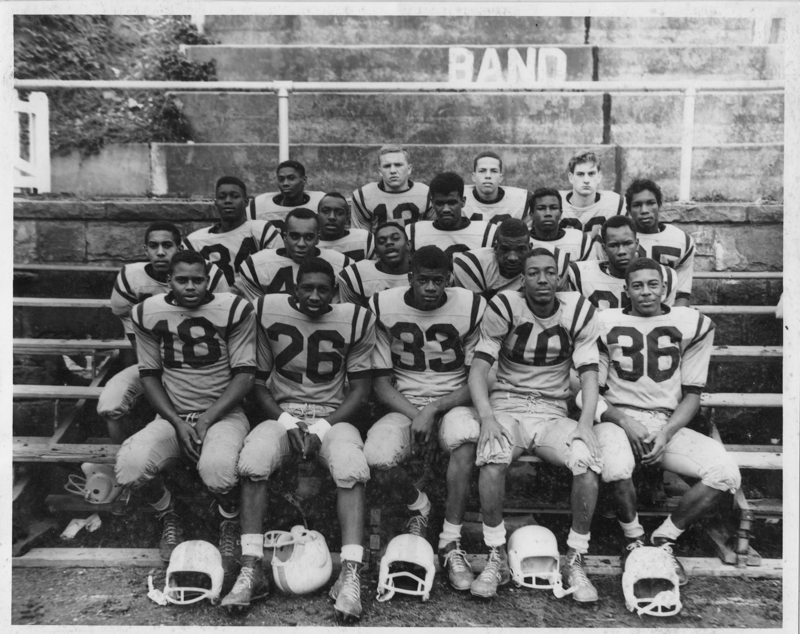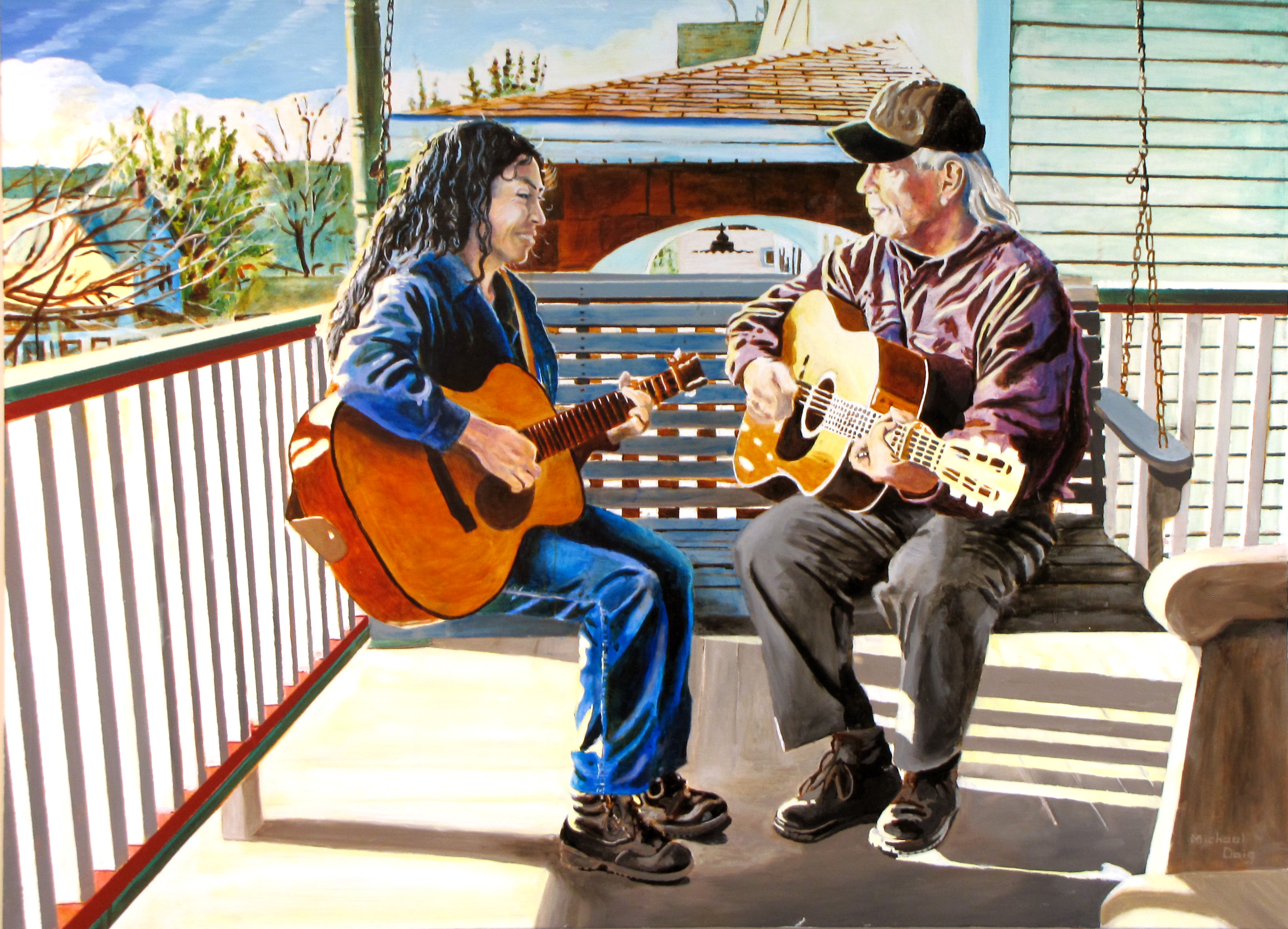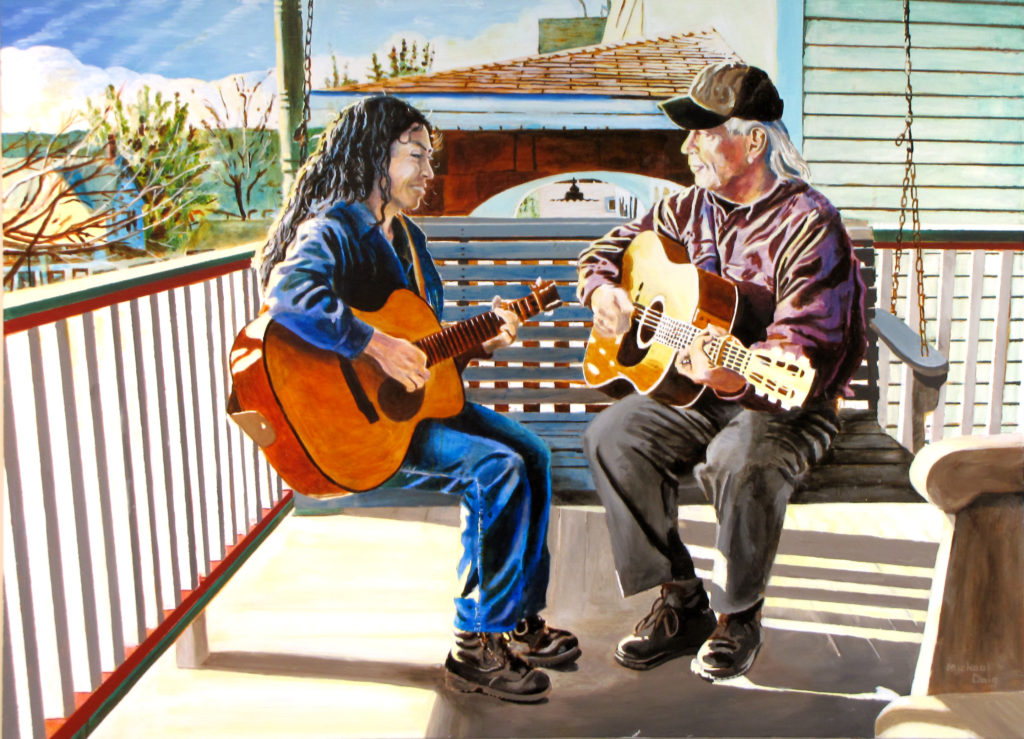Please join the CFS Department in welcoming Michael Nobel Kline, PhD and Carrie Nobel Kline, MA, as they share their ethnographic research from Mount Hope, West Virginia in a session titled Color, Class and Coal: Spoken Narratives on Education, Work and Community Life in Mount Hope, West Virginia. The event will take place as part of the CFS Department’s Fall Colloquium Series on October 15th from 3:00-4:30 in the Student Union, room 169.

Color, Class and Coal: Spoken Narratives on Education, Work and Community Life in Mount Hope, West Virginia
Gains and losses are substantial in stories of Mount Hope, West Virginia’s 1956 consolidation of black and white schools. Lifelong relationships are forged among students across color lines, just as their fathers formed bonds among themselves as European immigrants, African Americans and native whites deep in underground mines. Yet hidden truths prevail in this layered story of race and class in a West Virginia coal town in the 1950s-’70s, recounted by alumni 50 years later in an exercise of truth and reconciliation. Hear recorded voices from Michael and Carrie Kline’s Talking Across the Lines podcast recalling school integration, football, cheerleading, and the ongoing presence of coal mining, amplified by the ethnographers’ reflections and punctuated by live Appalachian music.
 Michael and Carrie Kline have been chronicling the history and culture of Appalachia for forty years, Michael with a Ph.D in Folklore from Boston University and Carrie an M.A. in American Studies from SUNY/Buffalo. The Klines operate Talking Across the Lines: Worldwide Conversations, LLC, a folklife documentary consulting, production and educational firm giving voice to a wide range of views on historical and current events, celebrating people from diverse ethnic and economic backgrounds. Conducting broad-based community oral history and folklife projects, the Klines record oral testimonials, stitching quilts of truths through print media, theater, photography and audio landscapes carrying their audience into private and sacred spaces. They teach Listening for a Change: Oral History and Appalachian Heritage. Please visit www.folktalk.org. Subscribe to their Talking Across the Lines podcast—wit and wisdom on race, class, and community survival from the Appalachian coalfields and frack fields.
Michael and Carrie Kline have been chronicling the history and culture of Appalachia for forty years, Michael with a Ph.D in Folklore from Boston University and Carrie an M.A. in American Studies from SUNY/Buffalo. The Klines operate Talking Across the Lines: Worldwide Conversations, LLC, a folklife documentary consulting, production and educational firm giving voice to a wide range of views on historical and current events, celebrating people from diverse ethnic and economic backgrounds. Conducting broad-based community oral history and folklife projects, the Klines record oral testimonials, stitching quilts of truths through print media, theater, photography and audio landscapes carrying their audience into private and sacred spaces. They teach Listening for a Change: Oral History and Appalachian Heritage. Please visit www.folktalk.org. Subscribe to their Talking Across the Lines podcast—wit and wisdom on race, class, and community survival from the Appalachian coalfields and frack fields.
